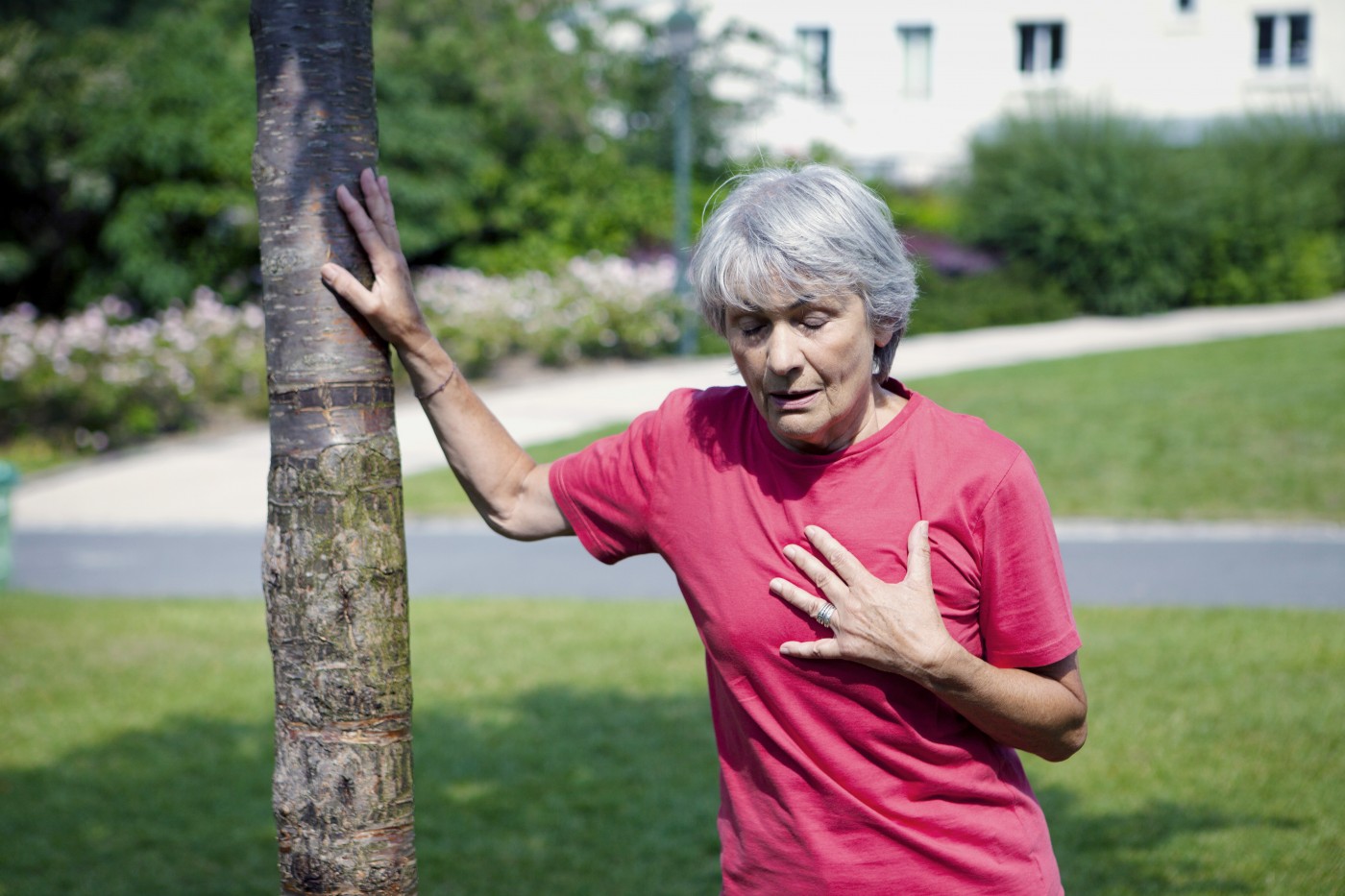Researchers at University of Tsukuba and The Japanese Foundation for Cancer Research recently revealed that older breast cancer patients are at higher risk of developing bronchiolitis obliterans organizing pneumonia (BOOP) due to radiation therapy used as part of cancer treatment. The study was published in the journal Radiation Oncology and is entitled “Radiation-induced bronchiolitis obliterates organizing pneumonia (BOOP) syndrome in breast cancer patients is associated with age.”
Patients with early breast cancer are often treated with breast-conserving therapy, which is based on tissue excision (but not of the breast itself) and postoperative radiation therapy. In advanced breast cancer cases, patients are usually submitted to mastectomy (surgery to remove part or the entire breast) followed by radiation therapy. These treatments proved to be successful to improve patient’s survival rates and cancer recurrence.
Radiation therapy has been linked to BOOP syndrome, a rare lung condition characterized by inflammation of the bronchioles and alveoli that become filled with connective (fibrous) tissue. Patients may experience flu-like symptoms, cough, fever and shortness of breath with exertional activities. Radiation-induced BOOP is especially observed several months after radiation therapy, and its risk factors are poorly elucidated.
In this study, researchers conducted a retrospective analysis to determine the possible risk factors and incidence of radiation-induced BOOP syndrome in a cohort of 1,176 patients submitted to breast-conserving treatment or post-mastectomy radiation therapy, between March 2005 and September 2008, at the Cancer Institute Hospital of the Japanese Foundation for Cancer Research.
Researchers found that 16 patients (1.4%) developed radiation-induced BOOP, and that an older age (≥ 52 years old) was significantly correlated with BOOP incidence. No link was found to the type of therapy performed, either breast-conserving treatment or mastectomy followed by radiation therapy. The irradiated lung volume was also not found to contribute to BOOP development. Apart from age, the team found that smoking is also a significant risk factor for radiation-induced BOOP.
The team concluded that radiation-induced BOOP is a rare event and that when it occurs, it is usually associated to older patients. Radiation-induced BOOP incidence is similar in patients who undergo breast-conserving treatment and those who are submitted to post-mastectomy radiation therapy.

